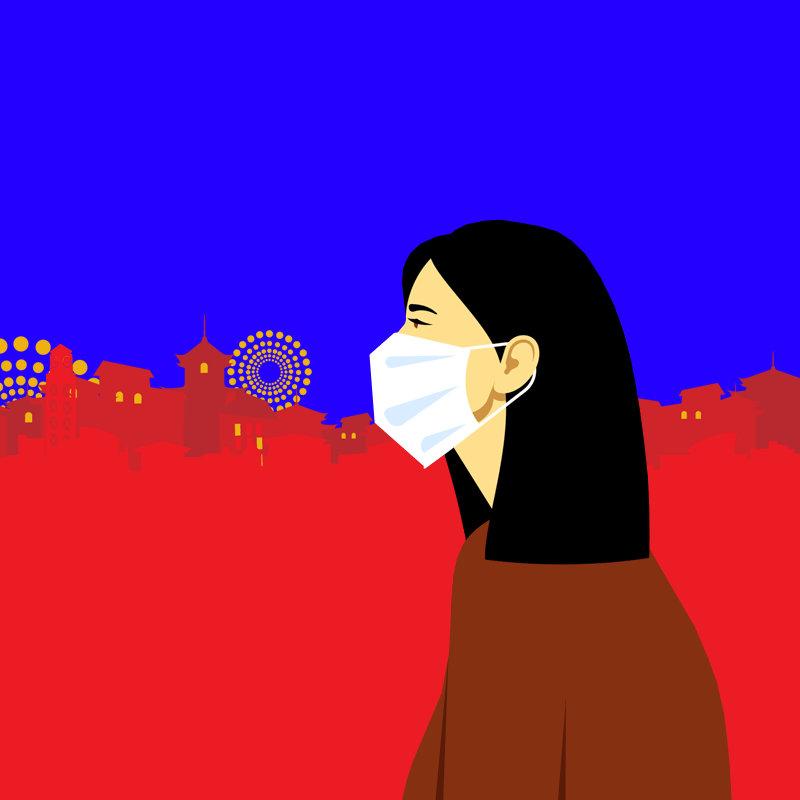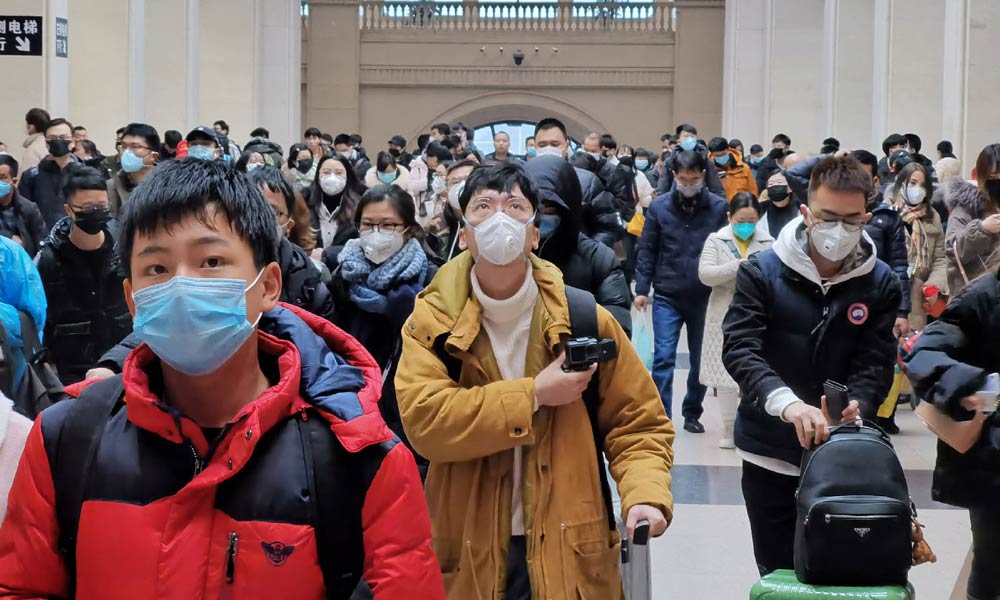
China is doing its best, given that the spread and the scare of the deadly coronavirus continue.
The Wuhan novel coronavirus can spread through close contact with an infected person. This is why the government has made it mandatory for its citizens to wear face masks when visiting public places in several regions around the country.
And here, the country’s leading search engine Baidu has created and open-sourced an AI model to detect people not wearing face masks.
The reason for the development of such AI is because mask inspections have largely been manual, with authorities patrolling the areas and viewing surveillance cameras to make sure that people do wear face masks. As a result, the authorities have found it hard to catch people not wearing face masks in large crowd.
This should become even harder as many Chinese people have resumed their activities after the Lunar New Year holiday, meaning that the country is gradually coming back to normalcy.
Since coronavirus spreads rapidly, such tool can be useful to help contain the virus, and preventing more people from becoming infected.
The use of AI and facial recognition systems aren’t exactly new in China.
While the surveillance in China has become a controversy, the attempt to use AI and facial recognition to help prevent the spread of the disease should be a welcome move.
Baidu claims that the AI in one-of-a-kind. However, the AI isn't exactly unique given that the company has developed many face detection models in the past.
What makes this one different is that, it can catch people that don't put their face masks on.
According to Baidy, the AI has been trained on a dataset of 100,000 faces. This makes it capable of detecting people without face masks with 96.5% accuracy, a number that meets the needs of routine inspections.
With Baidu open-sourcing the project, companies can use it to check whether or not their employees are wearing face masks. It can also help the authorities speed up mask checks in public places.

The coronavirus outbreak has killed at least 1,868 people, with 93 more deaths in Hubei and more in other parts of the country.
Governments and many organizations around the world have advised people to wear face masks to prevent themselves from becoming infected. Many have forbid travel to China, with many more urging anyone who has visited China to visit a doctor and allowing employees to work from home.
Previously, Baidu and other tech companies have also offered help to fight this novel virus.
For example, both Baidu and Alibaba have opened up their gene sequencing AI tools to help researchers find a solution.
Alibaba founder and tech billionaire Jack Ma has pledged $14.5 million towards fighting the coronavirus outbreak, saying that he is donating 100 million yuan ($14.5 million) through his charitable foundation. Microsoft co-founder Bill Gates through his Bill & Melinda Gates Foundation has also pledged assistance.
WeChat app creator Tencent, TikTok owner ByteDance, the giant electronics company Xiaomi, the online-to-offline local life service platform Meituan, and ride-hailing company Didi are among the Chinese firms that are also helping.
Most recently, Megvii has introduced an AI remote fever detection system that locates a person’s forehead and takes their temperature. It does not, however, help them verify people’s identities, the company said.
Related: Mobile World Congress 2020 Canceled Due To The Wuhan Coronavirus Outbreak